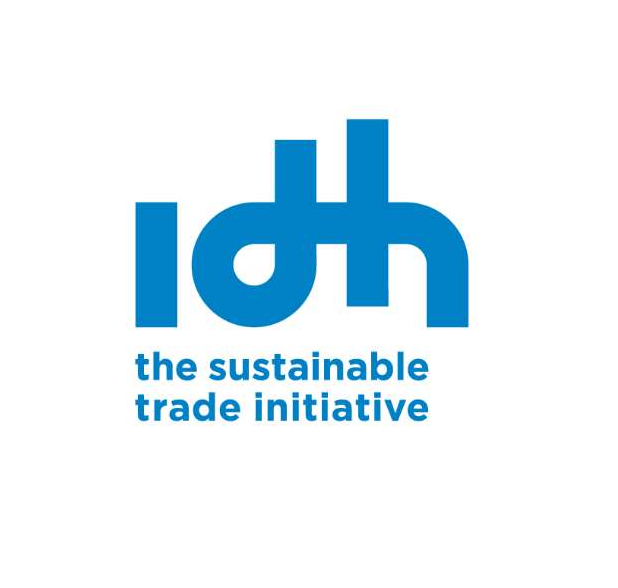Community / Land projects / South Sudan - SE cluster -Strengthening the Livelihoods Resilience of Pastoral and Agro-Pastoral Communities
South Sudan - SE cluster -Strengthening the Livelihoods Resilience of Pastoral and Agro-Pastoral Communities

€0
07/18 - 05/20
Achevé
This project is part of
Implementing Organisations
Donors
Data Providers
General
The proposed intervention will be implemented in Budi, Kapoeta East and Kapoeta Counties of Eastern Equatoria State as grouped by FAO under Lot 2/LoA 2 of the South East cluster. These counties are characterised by semi-arid land conditions, limited access to water resources for livestock and human consumption, frequent and extended dry spell, local and cross border inter-communal clashes, pressure of IDPs and returning population and eroded livelihood opportunities. Majority of households in these counties depend on livestock and livestock trade as the main source of livelihood with a few practicing subsistence farming. However, livestock trade is hindered by prevailing insecurity along the major road to Juba, which traditionally has been the main trade route. During the seasonal food-gap period, grain is acquired through livestock exchange complemented by wild food. In addition, the area is characterized by poor or limited agricultural practices, poor range land management and limited government capacity to provide services and coordinate resources. For example, in Kapoeta East there is no sustainable water source in the entire community and several attempts to drilling boreholes have failed in the past. The whole community migrate to Boma and Turkana during dry season in search of water, which has led to a bloody conflict with the neighbouring community and the abduction of children. Drought, conflicts and food insecurity are major hazards in the areas and exposed the community to serious threats (Cordaid, 2015 PDRA). The severe drought of 2016/2017 in the greater Kapoeta affected large areas of Kapoeta South, Kapoeta East and Budi. It manifested in loss of lives, deteriorated health conditions, outbreak of communicable diseases, loss of livelihoods, destitution and resource-based conflicts. The September 2017 IPC food insecurity analysis confirmed that 61% of Eastern Equatoria State is under crisis emergency and humanitarian catastrophe, concentrated in the Kapoeta areas. Given the food insecurity and nutrition situation during 2017, continued conflict, climatic shocks such as drought and macro-economic instability leading up to the 2018 lean season, it is likely that the humanitarian catastrophe in parts of Greater Kapoeta will increase.
Objectives
Overall objective: To improve households’ food security, nutrition and income and enhance livelihood resilience of pastoral and agro-pastoral communities in Kapoeta East, Kapoeta South and Budi Counties of South Sudan. Specific objectives: - Pastoral and agro-pastoral food security and nutrition and early warning information systems strengthened in South Sudan and its border areas to improve regional and national policy and response capacity. - Trans-boundary Animal Disease (TAD) prevention, detection and control measures in South Sudan border areas strengthened and harmonised. - Diversification of agro-pastoral livelihoods enhanced and access to livestock markets improved - Natural resources management (NRM) practices in cross-border areas improved on a sustainable basis
Target Groups
A total of 20,000 (female: 10,200, male: 9,800) most vulnerable women, men, boys and girls in the target counties will directly benefit from the project. 16 payams will be covered




